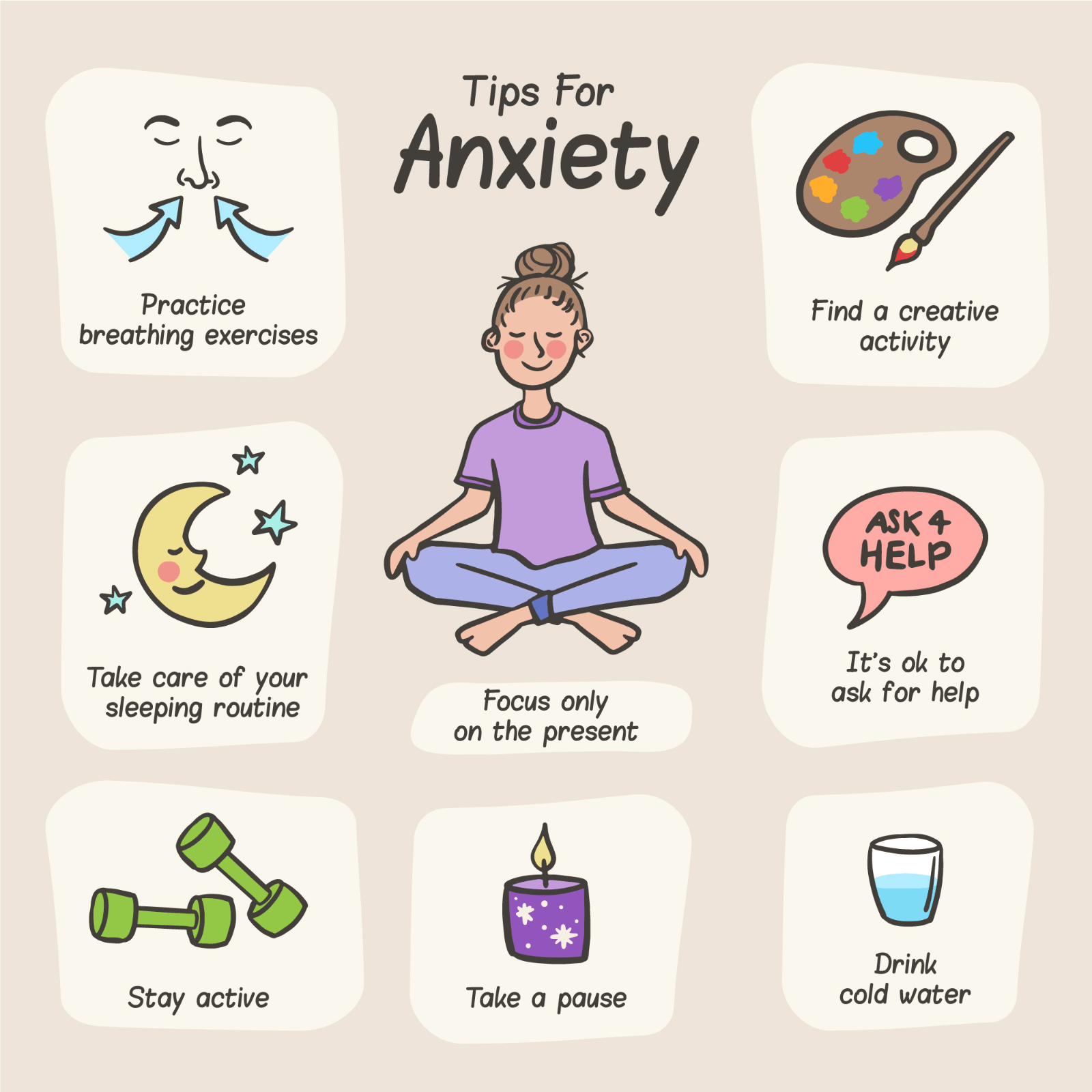In today’s fast-paced world, it’s no surprise that stress and anxiety have become commonplace in many people’s lives. Whether it’s the pressure to succeed at work, the demands of everyday life, or the constant flood of information from our digital devices, it can feel like we’re always on edge.
But there are ways to cope with stress and anxiety and regain a sense of balance and calm in our lives. In this article, we’ll explore some effective coping strategies that can help you manage your stress and anxiety levels.
Identify the Source of Your Stress
The first step in dealing with stress and anxiety is to identify the root cause of your feelings. Is it work-related stress, relationship issues, financial worries, or something else entirely? Once you pinpoint the source of your stress, you can begin to address it more effectively.
Practice Mindfulness and Deep Breathing
Mindfulness and deep breathing techniques can help to calm your mind and reduce stress and anxiety. Take a few moments each day to practice mindfulness, focusing on the present moment and letting go of worries about the past or future. Deep breathing exercises can also help to slow your heart rate and relax your body.
Exercise Regularly
Exercise is a powerful stress reliever, as it releases endorphins that help to improve your mood and reduce feelings of stress and anxiety. Aim to get at least 30 minutes of moderate exercise each day, whether it’s going for a walk, practicing yoga, or hitting the gym.
Get Plenty of Sleep
Lack of sleep can exacerbate feelings of stress and anxiety, so make sure you’re getting enough rest each night. Create a relaxing bedtime routine, avoid screens before bed, and keep your bedroom dark and cool to promote better sleep.
Connect with Others
Spending time with friends and loved ones can provide support and comfort during stressful times. Make an effort to prioritize your relationships and reach out to others when you’re feeling overwhelmed.
Limit Your Exposure to Stressful Triggers
If certain situations or people consistently cause you stress and anxiety, try to limit your exposure to them when possible. Set boundaries, learn to say no, and focus on your own well-being.
Seek Professional Help
If you’re struggling to cope with stress and anxiety on your own, don’t be afraid to seek help from a mental health professional. Therapists, counselors, and support groups can provide valuable resources and guidance to help you manage your stress and anxiety more effectively.
Remember, it’s normal to feel stressed and anxious from time to time, but it’s important to take steps to care for your mental health and well-being. By implementing these coping strategies into your daily routine, you can work towards reducing your stress and anxiety levels and living a more balanced and fulfilling life.
